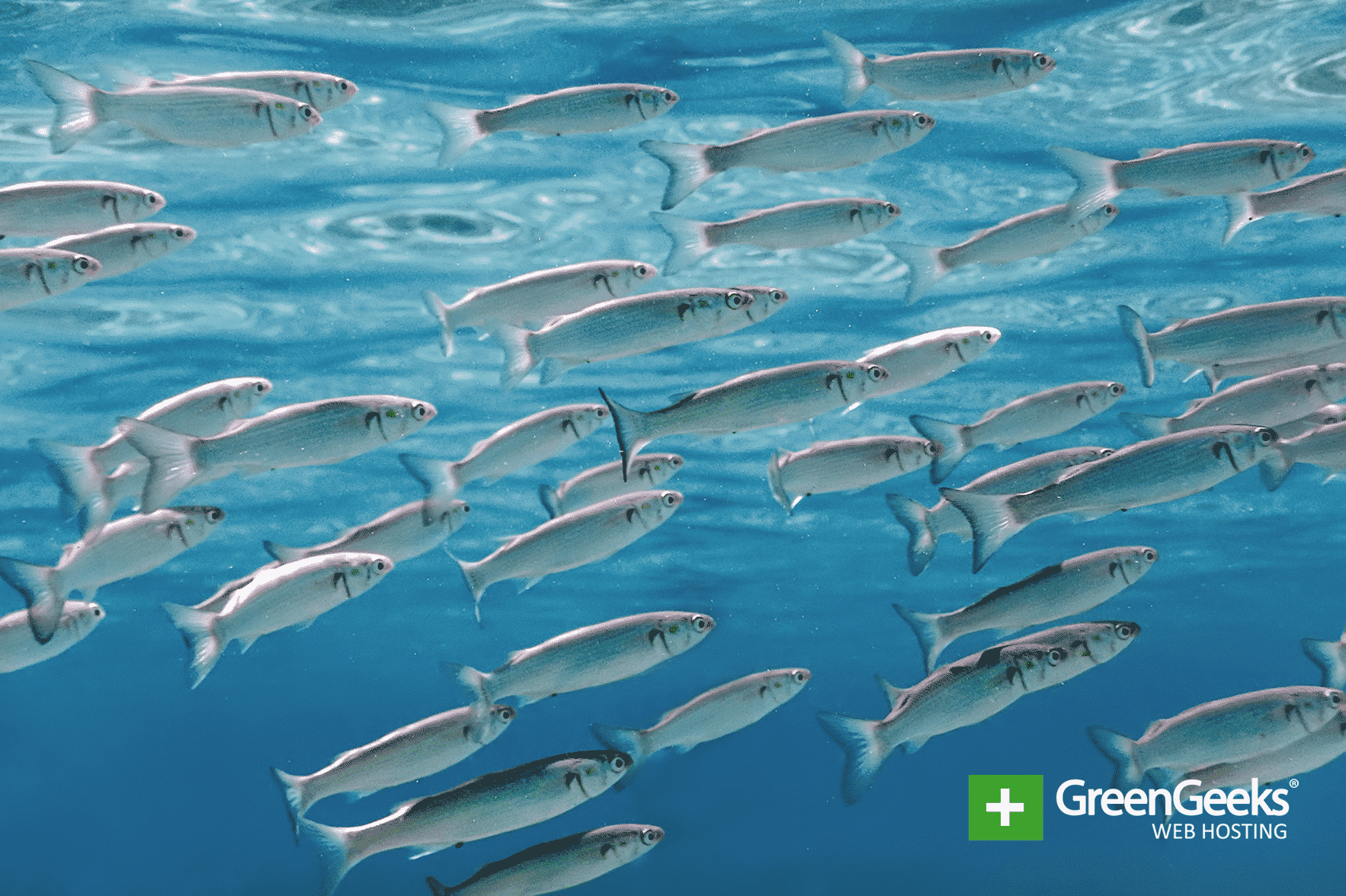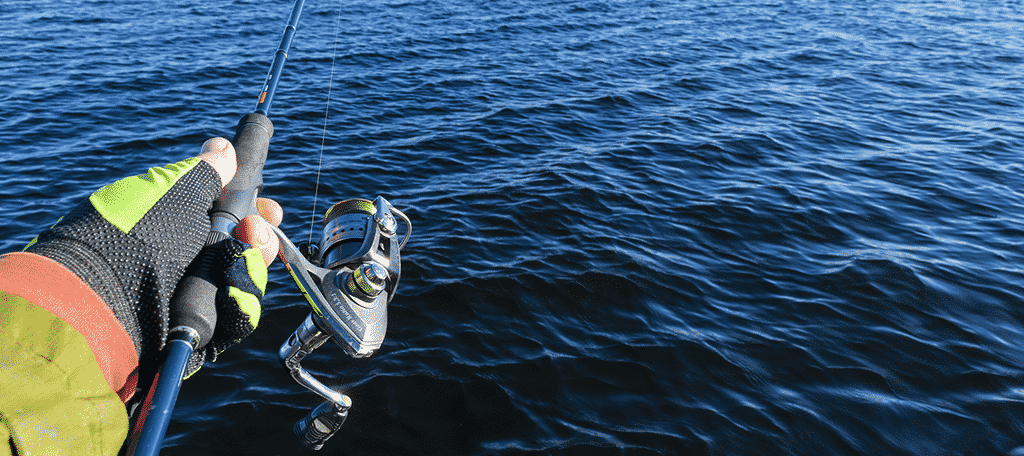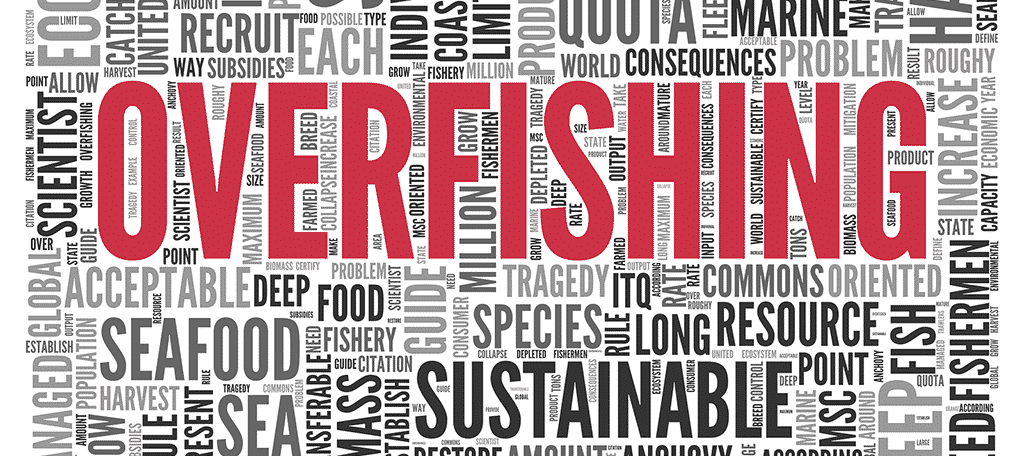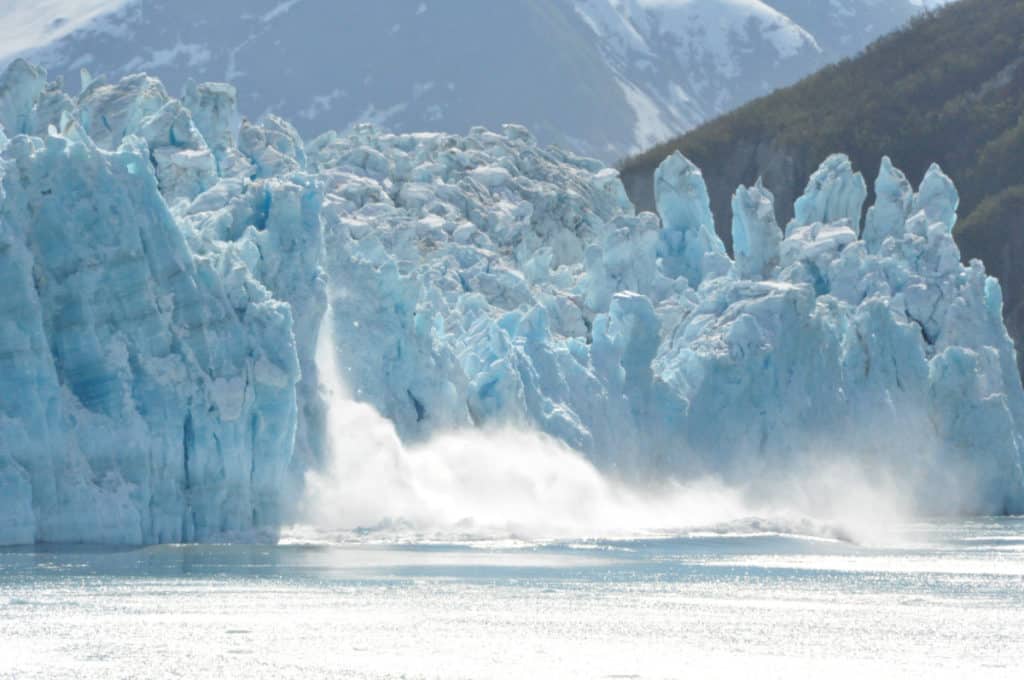
It’s no secret that climate change has been negatively affecting our oceans, but the effects are beginning to significantly shrink the fish population. Scientists have determined that the fish population has shrunk by 35% worldwide.
According to a study, the fish decline can be directly linked to rising ocean temperatures. However, while the warming water has hurt many species, it has also helped certain ones thrive. To compensate for the decline, fishermen must begin limiting the amount of fish caught each year.
What Causes the Decline
Many people do not understand that fish are very sensitive to things like water temperature. In fact, most people believe if you put a fish in water they are fine, but that just isn’t true. Fish require specific water temperature to survive and if that temperature is not met, the fish will migrate or die.
However, since the ocean temperatures are rising around the world, migration is becoming less of an option, thus more fish are dying. Unfortunately, when a fish population declines, it affects every fish in that food chain. It is a fish-eat-fish world after all. Thus, the decline of one population affects many others.
Fishing In Trouble

Fishing is one of humanity’s biggest food sources and many economies rely on fishing for income. However, the 56 million people who work in the fishing industry are now all at risk. In particular, developing nations will feel the effects the hardest because fish are the primary source of protein in these countries.
Asia’s coastal regions will be impacted the most. In particular, Japan and East China will feel the full effects. Not only are the warming oceans a problem, but these nations have historically overfished their waters. This spells disaster for the declining fish population in the area.
Region Troubles
Asian nations are perhaps the worst region to be affected by the epidemic. Not only is fishing an essential part of their economies, but this region has also the fastest growing population in the world. If these nations cannot fish enough food, imports will rise and the price will rise with them. This, in turn, will impact all of the nations in the world.
Certain nations may even resort to overfishing their local supply of fish to keep up with demand.
Not Every Fish Is Declining
Remember how fish are very sensitive to rising temperatures? While this is a negative, not every fish declines in warm water. Certain types of fish are beginning to thrive thanks to the warming waters. In many cases, the declining populations are improving the survival chances of certain species.
A great example of this is the Black Sea Bass on the east coast of the United States. The decline of other species has allowed this climate winner to expand its territory. However, the ocean temperatures will continue to rise and eventually, no fish will be able to survive.
Overfishing Needs to Be Addressed

Overfishing has been a problem for a long time and now that global warming is threatening the fish population, a solution needs to be found. Unfortunately, the solution isn’t easy. Nations will need to sign international treaties to set limits for specific fish around the world and more importing and exporting of fish must become the norm.
What makes something like this truly difficult is the fact that circumstances keep changing. Fish that may be doing fine now, may not be doing so well in another year. The oceans get warmer every year due to climate change, thus more fish species will be affected.
This means the perfect solution not only includes fixing overfishing but also fighting climate change.

